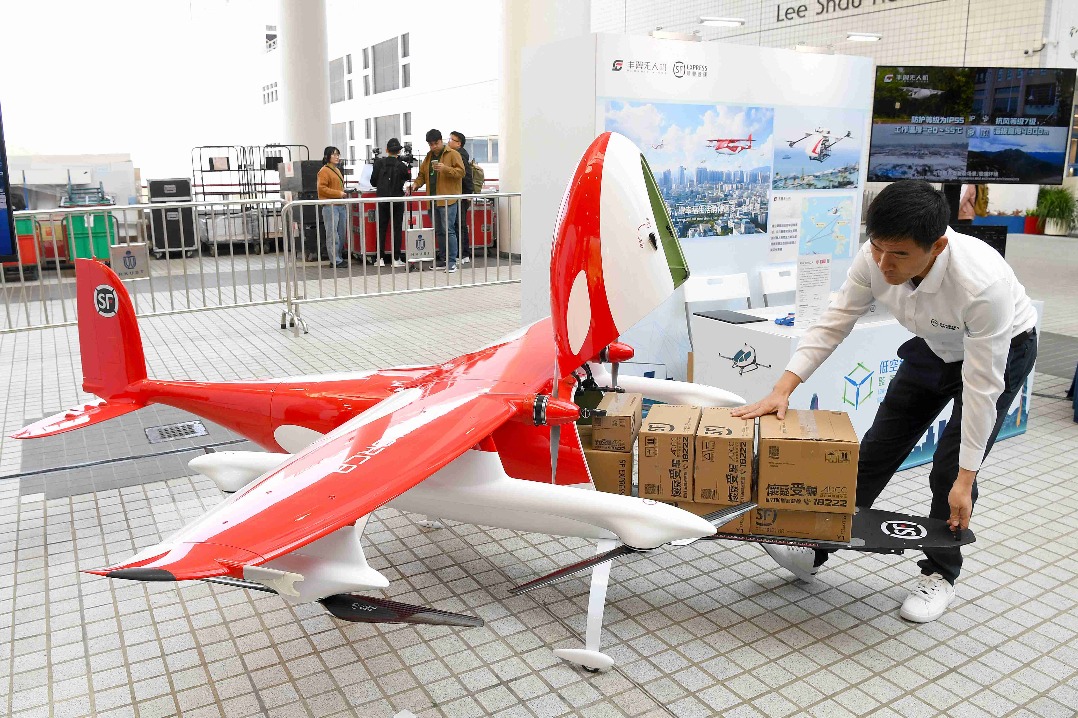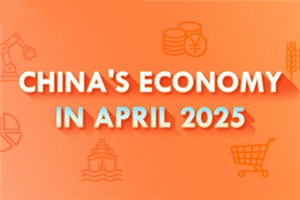China's green system wins key approval
Global recognition boosts confidence of companies in using power certificates

China's energy market is becoming more accessible to green businesses worldwide, now that a key global renewable energy initiative has given its full backing to the nation's green electricity certificates, authorities said.
The National Energy Administration is pushing for wider use of the certificates to boost green power consumption, following the recent unconditional recognition given to the GEC system by RE100, a global campaign involving more than 400 member businesses that have committed to eventually using 100 percent renewable electricity in their operations.
Wan Jinsong, deputy head of the NEA, said that RE100's unconditional acceptance of the GECs is a "landmark achievement" that signals the international standing of the system.
The move confirms that China's renewable electricity market has made a crucial step forward in providing confidence to companies that use the GEC system, as they can make credible claims about using green power, knowing that their renewable energy purchases have a verifiable impact, according to the RE100 website.
It also said that China has become an attractive international market for companies' drive toward 100 percent renewable electricity, as proving their use of renewables in the country is now easier.
Furthermore, the GEC system ensures that renewable energy use by large manufacturers in China is recognized throughout global supply chains, it said.
Currently, 270 RE100 member companies purchase green electricity in China, according to Helen Clarkson, CEO of the Climate Group, which co-launched RE100.
They reported an annual green electricity volume of 77 billion kilowatt-hours, accounting for 59 percent of their electricity consumption. Among these, the manufacturing sector consumed the most green electricity, reaching 63.876 billion kWh, said Clarkson.
She added that RE100's unconditional approval shows the influence of China's GECs on the international stage. The system helps RE100 members and their suppliers meet renewable energy commitments, offering them more flexible ways to do so.
This recognition followed successful discussions between RE100 and the China Renewable Energy Engineering Institute based on the mutual consensus on improvements to China's GEC system that were led by the Chinese government.
RE100 was launched in 2014 by the Climate Group and Carbon Disclosure Project. Member companies commit to using 100 percent renewable electricity by no later than 2050. Its technical guidelines influence how global companies and their supply chains buy renewable electricity.
Yi Yuechun, deputy head of the China Renewable Energy Engineering Institute, said the GEC system helps assess provincial-level renewable energy targets and the use of green power by industries such as aluminum production. It also supports carbon accounting and carbon footprint calculations, he said.
Manufacturing sectors such as telecommunications and automotive account for 70 percent of green electricity certificate purchases, he added.
The GECs are the sole proof of the environmental attributes of renewable energy in China and serve as the only certificate for verifying renewable energy production and consumption. One certificate is generated for every 1,000 kWh of green electricity.
China started its GEC system in 2017. Previously, China's green certificates were only conditionally accepted by RE100, requiring extra proof. China improved the system by expanding the GECs to cover all renewable power projects in 2023 and making it the sole proof of renewable energy attributes.
German chemical giant BASF was one of the first foreign companies to buy green power in China. BASF has been investing in new energy projects while also buying green electricity in China through power trading and the GECs to reduce its carbon emissions, it said.
Pan Huimin, deputy head of the NEA's new and renewable energy department, said the RE100 recognition will significantly increase the willingness and enthusiasm of RE100 member companies and their supply chains to purchase green electricity and use China's certificates. This is expected to further expand the demand for the GECs, she said.
Pan said that the NEA will continue to work with relevant departments to strengthen communication and exchanges with RE100. It will encourage RE100 to issue technical guidelines related to purchasing the GECs, which would better assist Chinese companies in buying them.
The NEA will also enhance communication on the GEC system with China's major trading partners to accelerate the process of achieving international mutual recognition.
zhengxin@chinadaily.com.cn




































